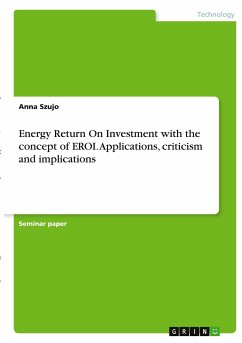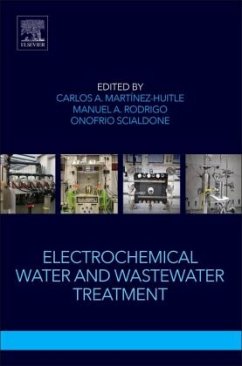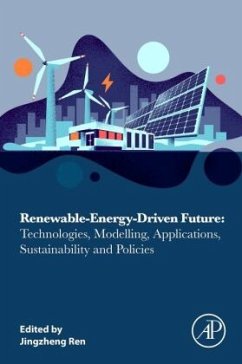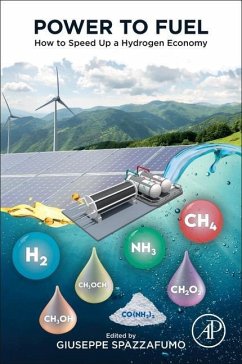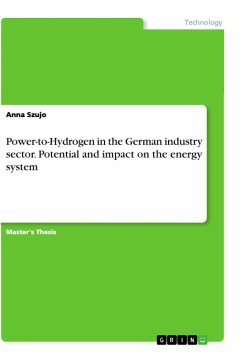
Power-to-Hydrogen in the German industry sector. Potential and impact on the energy system

PAYBACK Punkte
0 °P sammeln!
Master's Thesis from the year 2018 in the subject Engineering - Power Engineering, grade: 1,3, Technical University of Munich (Department of Electrical and Computer Engineering), language: English, abstract: This paper is about the Power-to-Hydrogen in the German industry sector. In addition to the decarbonization of the electricity, heat and transport sectors, the nonenergetic consumption of fossil fuels in the industry sector can also be replaced by renewable resources and therefore holds great potential for decarbonization. In the larger concept of Power-to-X, Power-to-Hydrogen plays an imp...
Master's Thesis from the year 2018 in the subject Engineering - Power Engineering, grade: 1,3, Technical University of Munich (Department of Electrical and Computer Engineering), language: English, abstract: This paper is about the Power-to-Hydrogen in the German industry sector. In addition to the decarbonization of the electricity, heat and transport sectors, the nonenergetic consumption of fossil fuels in the industry sector can also be replaced by renewable resources and therefore holds great potential for decarbonization. In the larger concept of Power-to-X, Power-to-Hydrogen plays an important role: Power-to-Hydrogen can accelerate cross-sectoral electrification via electrolysis as conversion technology and via hydrogen as chemical storage. The annual hydrogen demand for ammonia and methanol production, refining processes, steelmaking and float glass production in Germany is above 50 TWh. Today, this demand is largely covered by conventional reforming processes based on fossil fuels and associated with considerable CO2 emissions. Power-to-Hydrogen has the potential to reduce fossil fuel use and CO2 emissions, while advancing the linkage between the energy and the industry sector. From an environmental perspective, a necessary condition for the decarbonization of nonenergetic fossil fuel use is an energy mix that is already primarily based on renewable energy sources. Even though this requirement will only be fulfilled in 2030 at earliest, a combination of conventional and power-based hydrogen production can be viable earlier through additional flexibilities including hydrogen storage in salt caverns. With increasing rates of renewable electricity generation, Power-to-Hydrogen gets more competitive as well. However, a hydrogen production entirely based on Power-to-Hydrogen increases the electricity demand of the energy system substantially, bringing about new challenges in terms of costs, grid stability and reliability of supply. Nevertheless, on-site solutions that combine power-based hydrogen production with renewable energy production on industry sites are first valid applications of Power-to-Hydrogen allowing to cut costs and CO2 emissions, and ensuring a decarbonization of both energetic and non-energetic consumption of resources. Another concept that has an even wider range of possible applications than Power-to-Hydrogen is Power-to-Syngas. It has the potential to further intensify the decarbonization of the non-energetic consumption of resources via the enhanced coupling of industry, energy and transport sectors.




